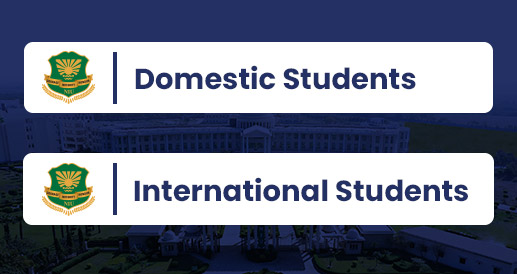- Apply for CUET Counselling
- About
-
-
UNIVERSITY AUTHORITIES
- Court
- Board of Governors
- Executive Council
- Academic Council
- COMMITTEES
-
MANDATORY DISCLOSURES
- University Ordinances
- University Statute
- University ACT
-
- Academics
-
-
PROGRAMME
- Graduate
- Post Graduate
- Doctoral
- Diploma
ACADEMIC CALENDAR
- Session 2022-23
-
- Academics
- Admissions
- Campus Life
-
-
ACADEMIC FACILITIES
- Computer Labs
- Workshops & Classrooms
- Laboratories
-
CAMPUS FACILITIES
- Medical Facilities
- Hostels
- Transport
- NIU Events
- NCC
-
CAMPUS HAPPENINGS
- NIU Clubs
- Event Video
- Notice Board
- Campus Virtual Tour
- Sports
-
-
- Placement
- Careers
- R&D
- Apply Now 2024


